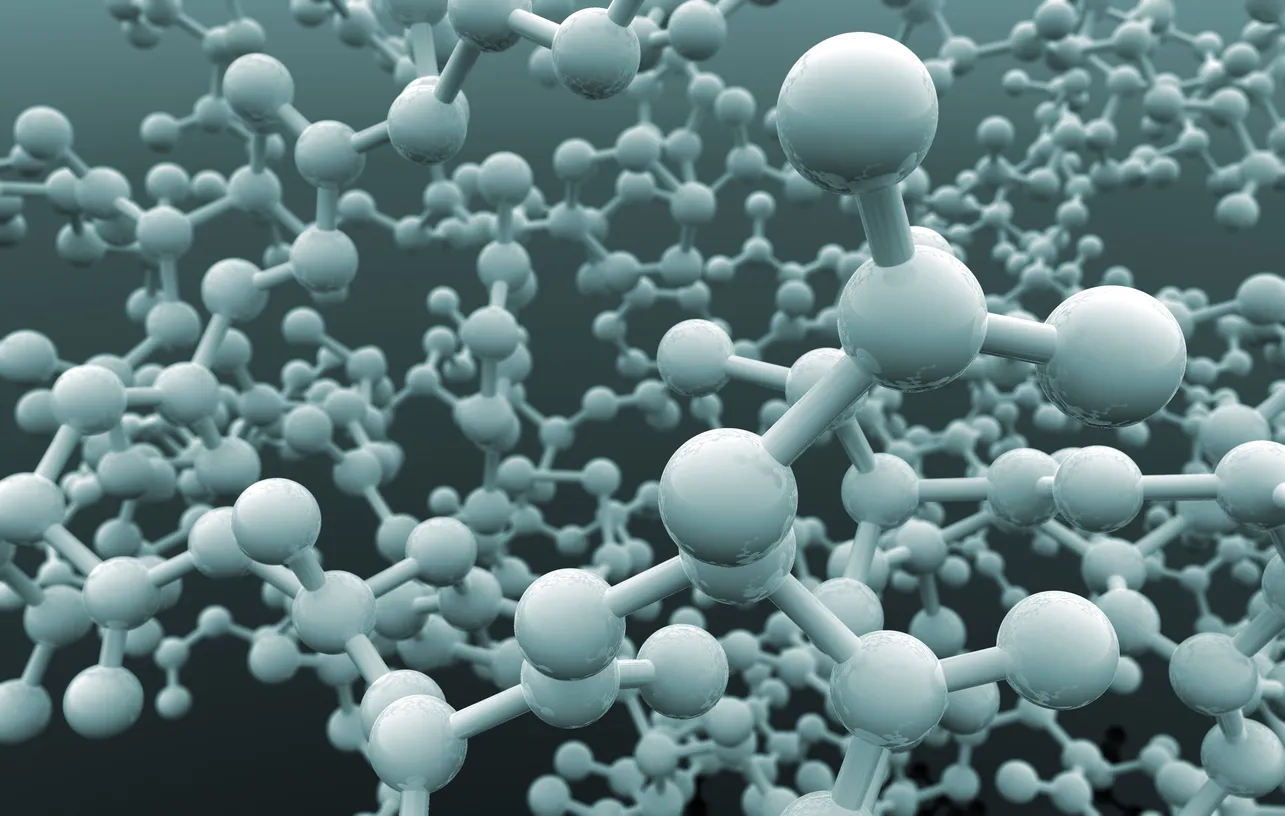Niemann-Pick Disease, SMPD1-associated


What is Niemann-Pick Disease, SMPD1-associated?
Niemann-Pick disease (NPD) is a rare inherited disorder caused by changes in any of these genes: SMPD1, NPC1, or NPC2. Those affected by Niemann-Pick disease are not able to break down a substance within cells, resulting in a buildup in the liver, spleen, and brain.
SMPD1-associated NPD
Niemann-Pick disease caused by the SMPD1 gene has two forms: A and B. Type A is the more severe type. Infants with type A develop symptoms such as large liver and spleen and difficulty feeding within the first few months of life. Their intellectual and motor skills will rapidly decline, and it can be fatal by age 2-3 years. Niemann-Pick type B is less severe and starts later than type A. Other symptoms may include lung infections and poor growth.
NPC1– and NPC2-associated NPD
Niemann-Pick disease caused by the NPC1 gene is called type C1, and when caused by the NPC2 gene is called type C2. Both cause difficulty with movement, decline in intellectual
function, seizures, liver disease, and breathing problems. It can lead to dementia and difficulty with speaking and swallowing.
How common is Niemann-Pick Disease, SMPD1-associated?
Niemann-Pick disease types A and B are rare and thought to affect 1 in 250,000 people. 1 in 100 Ashkenazi Jews is a carrier of the disease, however it has occurred in people of all ethnic backgrounds. Types C1 and C2 are thought to affect 1 in 150,000 people. Type C1 is much
more common than type C2.
How does Niemann-Pick disease inheritance work?
Niemann-Pick disease is an autosomal recessive genetic disorder, meaning it occurs when a child has no working copies of the particular NPD gene (SMPD1, NPC1, or NPC2). Typically, people have two working copies of each gene. When a child has Niemann-Pick disease, both of their parents are typically carriers, each having only a single working copy of the particular NPD gene. Carriers do not show symptoms of the disease. When two carriers have a child, there is a 25% chance that the child will inherit no working copies of the gene, leading to Niemann-Pick disease. There is a 50% chance that the child will be a carrier like the parents and a 25% chance that the child will inherit two working copies of the gene.
Why do genetic testing for Niemann-Pick disease?
Genetic testing plays a crucial role in diagnosing Niemann-Pick disease and finding carriers. Early diagnosis allows for prompt intervention and access to treatments that can slow down the disease’s progression. Also, genetic testing is vital for family planning purposes, as finding carriers can help prospective parents make informed decisions and seek medical advice if they plan to have children.
How is Niemann-Pick Disease, SMPD1-associated treated?
There is an enzyme replacement treatment for Niemann-Pick disease that was approved for use in late summer 2022. It can be used for types A and B but does not treat neurological
symptoms. There is no such treatment for types C1 and C2. Healthcare providers can also treat the symptoms through physical therapy, nutrition, and medication to help sleep disorders. Blood transfusions may be performed to prevent clotting problems. Such treatments alone, however, cannot stop the decline caused by the disease.
What is the prognosis for a person with Niemann-Pick Disease, SMPD1-associated?
The prognosis for a person with Niemann-Pick disease type A is poor without treatment. It is a severe disease which is typically fatal by the age of 2 or 3. People with Niemann-Pick disease type B often survive into adulthood; however, lifespan will likely be affected. With types C1 or C2, people will often pass away from lung disease 10-20 years after diagnosis.
Resources
- MedlinePlus for Niemann-Pick Disease
A resource created by the NIH National Library of Medicine that provides information about the disease, frequency, inheritance, and other information and resources.
- National Niemann-Pick Disease Foundation
A non-profit that supports and promotes research to find a cure or treatments for all types of Niemann-Pick Disease and provides support services to individuals and families affected by the disease.
nnpdf@nnpdf.org







